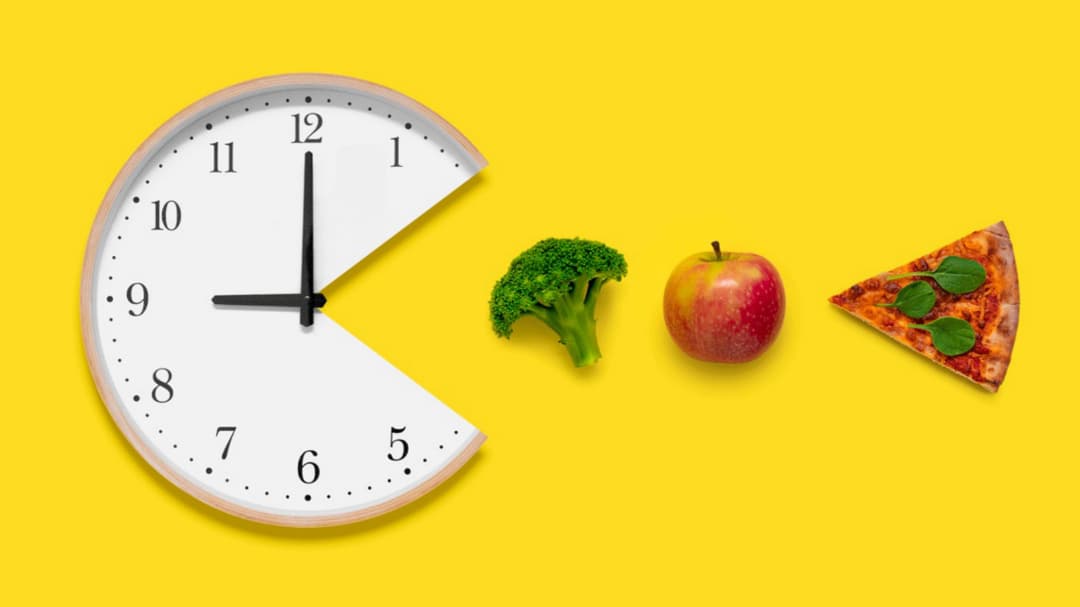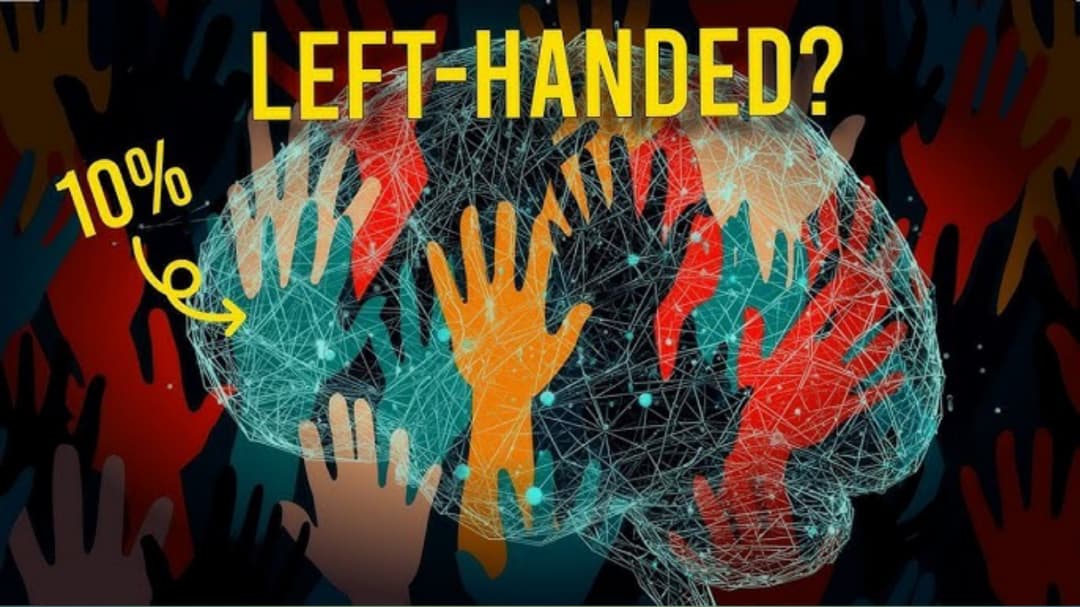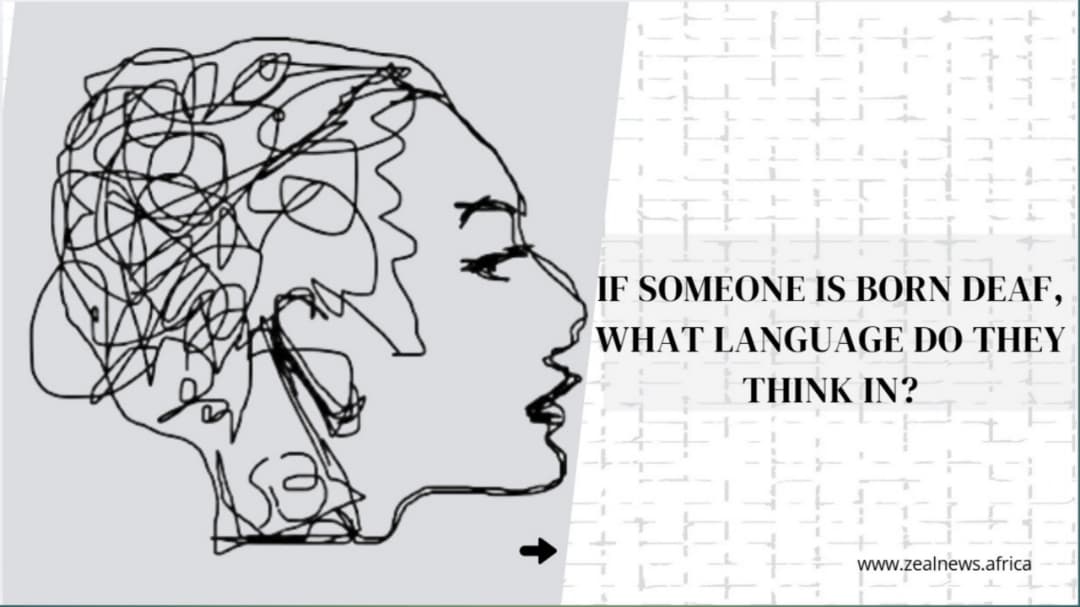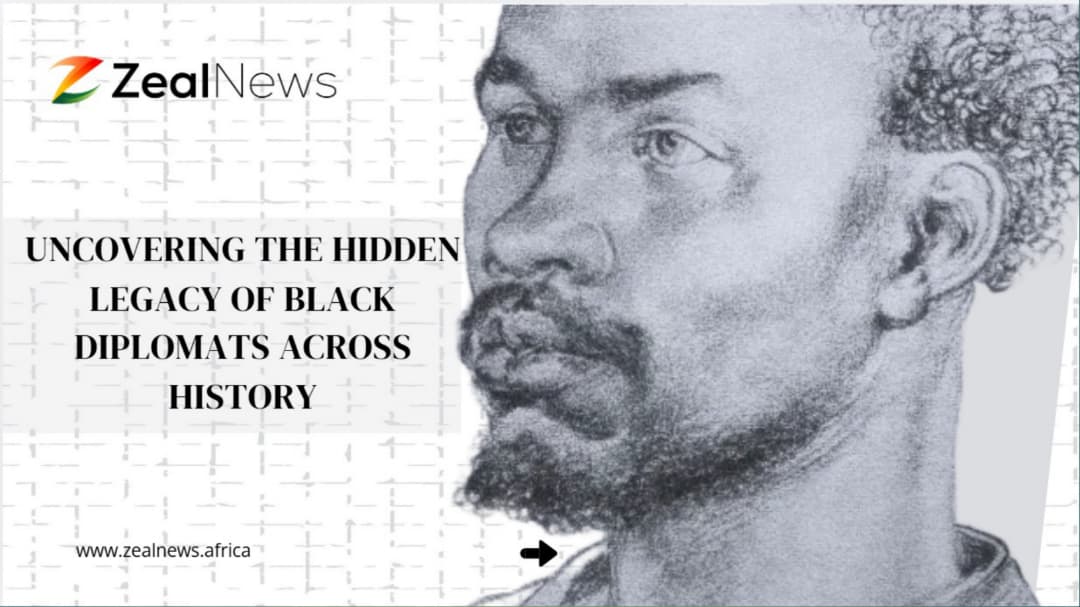From “God When” to “God Did”: How Hustle Culture Became a Religion

In a world where likes have become prayers and productivity feels like worship, the African youth’s pursuit of success has taken on a sacred tone. The phrase “God When” once a lighthearted joke, now echoes through timelines as both a confession and a creed. But behind the filters and affirmations lies a deeper truth: hustle culture has become the new faith of a restless generation.
Across cities in African, young Africans are rewriting the gospel of work. The old promises of formal employment have crumbled, leaving behind a new scripture of self-made success. For many, entrepreneurship, freelancing, and tech startups are no longer just ambitions, they’re sacred callings. And in a continent where economic instability is the norm, the hustle feels like salvation.
On Instagram, influencers preach perseverance through perfectly filtered quotes. On X (formerly Twitter), threads about “6 income streams before 30” draw thousands of engagements. The new high priests aren’t in pulpits, they’re behind ring lights and dashboards. This culture of visibility, amplified by platforms like Instagram and TikTok, thrives on validation and grind, a cycle of aspiration and exhaustion that feels almost divine.

But where did it start? The roots of hustle culture trace back to post-recession economies and the rise of digital gig work. In Nigeria, youth unemployment has hovered around 33%, according to the National Bureau of Statistics. Faced with limited opportunities, young people turned survival into a story and a brand. What began as resilience became ritual. Consistency became the new prayer.
The language of this movement is deeply spiritual. “Manifest,” “faith,” “favor,” “grace” these are no longer reserved for religious gatherings; they dominate motivational podcasts and WhatsApp status updates. Each phrase turns the ordinary into the divine, and the grind into grace. In the age of digital capitalism, belief has shifted from heaven to hustle.
But there’s another layer: capitalism has mastered the art of emotional branding. Tech companies, fintech apps, and lifestyle brands now sell ambition wrapped in aesthetics. From credit apps promising “limitless potential” to “boss babe” merch flooding social media, the message is clear; if you’re not grinding, you’re not growing. Platforms like LinkedIn have evolved into digital temples where devotion is measured by productivity updates and promotions shared with emoji-laced gratitude.
Yet, this worship comes at a cost. Behind the motivational reels lies a quiet exhaustion. Burnout is now so normalized that rest feels sinful. Many young Africans admit to working multiple jobs or side gigs while still feeling inadequate. “If you’re not doing something, you feel guilty,” says Chiamaka, a 27-year-old creative based in Lagos. “It’s like the hustle never ends, it’s who you are.”
That guilt is part of the religion. Like traditional faiths, hustle culture offers belonging and redemption. But instead of grace, it promises results. The more one hustles, the closer they seem to divinity and the more they fear falling behind. Social media has intensified this pressure, with endless comparison loops driving anxiety. Every success post reads like a testimony; every failure, a crisis of faith.
Sociologists argue that this phenomenon reflects a spiritual vacuum, a generation seeking meaning in economic chaos. Dr. Tunde Osoba, a lecturer in sociology at the University of Lagos, describes it as “a collective coping mechanism dressed as ambition.” He adds that “in societies where formal structures have failed, young people replace systems with self-discipline and self-belief, it’s survival turned spirituality.”
Still, the hustle gospel has its bright side. It’s birthed new businesses, raised digital millionaires, and fueled innovation across the continent. Communities like Tech Twitter, She Leads Africa, and Afropreneurs have turned digital ambition into solidarity. On TechCabal, stories of founders who started with nothing and scaled global startups abound. For every cautionary tale of burnout, there’s a counter-story of resilience. That duality between hope and exhaustion is what makes hustle culture so human, and so African.
It’s not all capitalism and chaos; it’s also creativity. From thrift businesses in Yaba to NFT collectives in Nairobi, young Africans are reinventing work on their own terms. “We may be tired,” says Emmanuel, a 29-year-old designer, “but we’re not defeated. Our parents prayed for stability, we pray for scalability.” Innovation has become the continent’s new psalm.
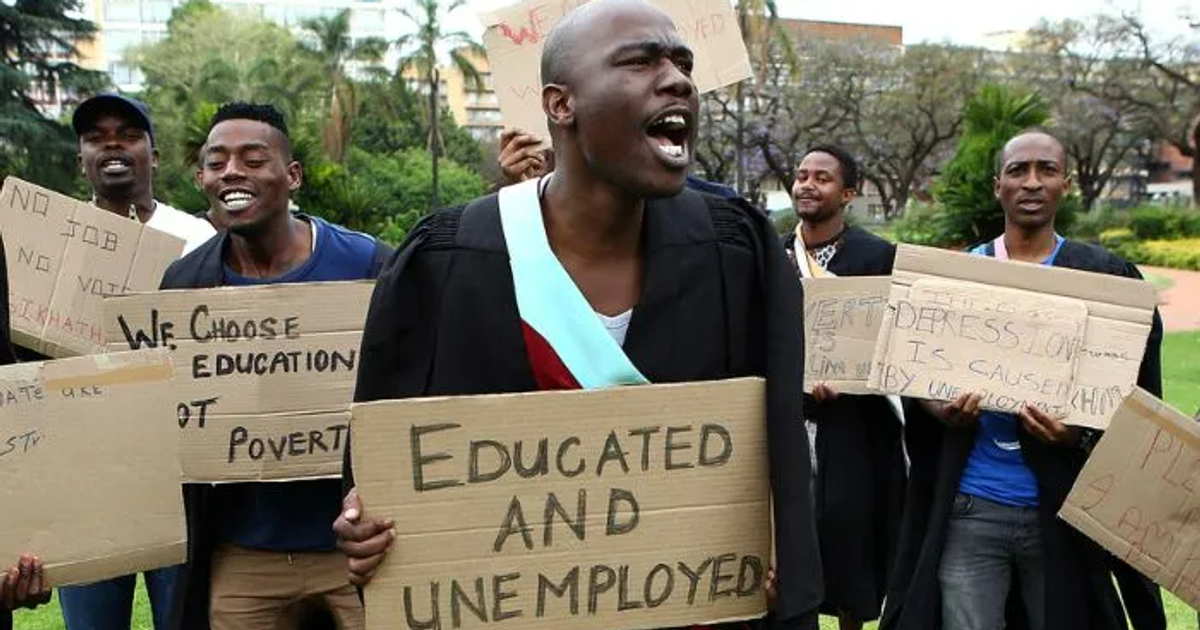
But as the hustle gospel spreads, so does the backlash. Critics warn that glorifying 24/7 productivity risks erasing the value of community and empathy. Psychologists note rising cases of anxiety and self-worth crises tied to social media pressure. “The new idols aren’t false gods,” says Kenyan therapist Aisha Omondi, “they’re algorithms.”
Interestingly, traditional religions are adapting to this shift. Churches now host “entrepreneurship Sundays,” and mosques organize business mentorships. Sermons mix Scripture with startup advice. The fusion of faith and hustle reflects how deeply intertwined economics and spirituality have become. It’s no longer just about surviving, it’s about becoming.
And in this new theology, success isn’t inherited; it’s constructed, coded, and curated. “God Did,” DJ Khaled’s now-iconic phrase, has transcended music to become a declaration of effort meeting destiny, a modern-day proverb for African youth who hustle with faith. But as the economy tightens and opportunities remain scarce, the danger lies in mistaking exhaustion for devotion.
A new generation is learning to redefine rest as rebellion. Wellness spaces, mental health podcasts, and creators preaching “soft living” are gaining traction. The pendulum may finally be swinging from “no days off” to “no guilt in pausing.” The revolution of balance may be the next big cultural reset.
In the end, the hustle creed is both an inheritance and an invention. It echoes the grit of parents who worked with little and dreamed of more, while blending the hyper-digital optimism of a generation raised on Wi-Fi and willpower. Between spiritual faith and startup ambition lies a uniquely African rhythm, one that believes in miracles but still shows up on Monday.
Ultimately, hustle culture is not a sin nor a salvation, it’s a mirror. It reflects a continent’s hunger to thrive in the face of instability, its yearning for identity and validation, and its faith that tomorrow can still be better. From “God When” to “God Did,” Africa’s young people are not just chasing success; they’re rewriting what it means to believe.
You may also like...
When Sacred Calendars Align: What a Rare Religious Overlap Can Teach Us

As Lent, Ramadan, and the Lunar calendar converge in February 2026, this short piece explores religious tolerance, commu...
Arsenal Under Fire: Arteta Defiantly Rejects 'Bottlers' Label Amid Title Race Nerves!

Mikel Arteta vehemently denies accusations of Arsenal being "bottlers" following a stumble against Wolves, which handed ...
Sensational Transfer Buzz: Casemiro Linked with Messi or Ronaldo Reunion Post-Man Utd Exit!

The latest transfer window sees major shifts as Manchester United's Casemiro draws interest from Inter Miami and Al Nass...
WBD Deal Heats Up: Netflix Co-CEO Fights for Takeover Amid DOJ Approval Claims!

Netflix co-CEO Ted Sarandos is vigorously advocating for the company's $83 billion acquisition of Warner Bros. Discovery...
KPop Demon Hunters' Stars and Songwriters Celebrate Lunar New Year Success!

Brooks Brothers and Gold House celebrated Lunar New Year with a celebrity-filled dinner in Beverly Hills, featuring rema...
Life-Saving Breakthrough: New US-Backed HIV Injection to Reach Thousands in Zimbabwe

The United States is backing a new twice-yearly HIV prevention injection, lenacapavir (LEN), for 271,000 people in Zimba...
OpenAI's Moral Crossroads: Nearly Tipped Off Police About School Shooter Threat Months Ago
ChatGPT-maker OpenAI disclosed it had identified Jesse Van Rootselaar's account for violent activities last year, prior ...
MTN Nigeria's Market Soars: Stock Hits Record High Post $6.2B Deal

MTN Nigeria's shares surged to a record high following MTN Group's $6.2 billion acquisition of IHS Towers. This strategi...

